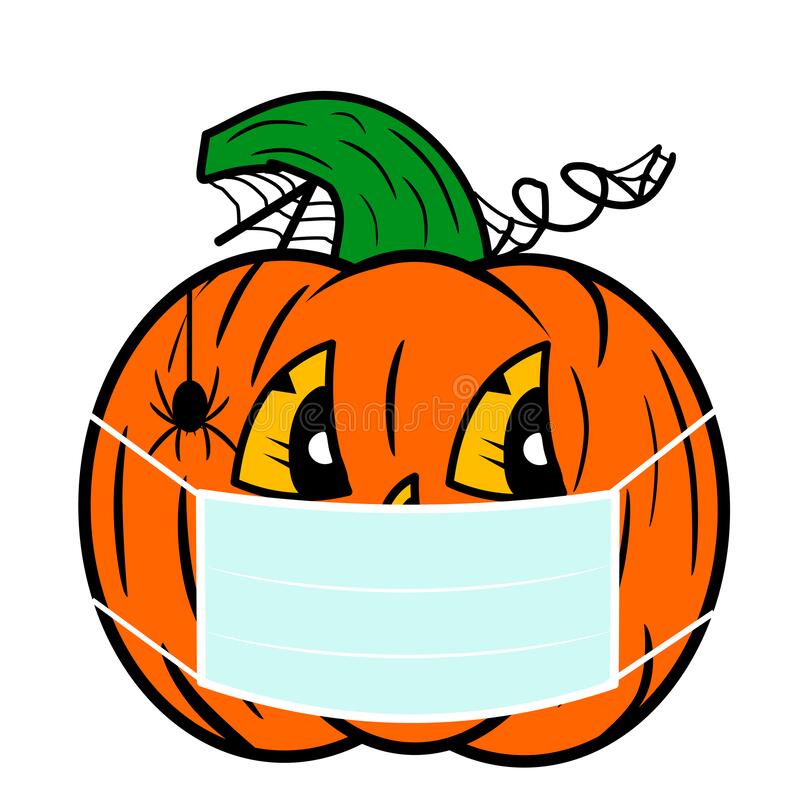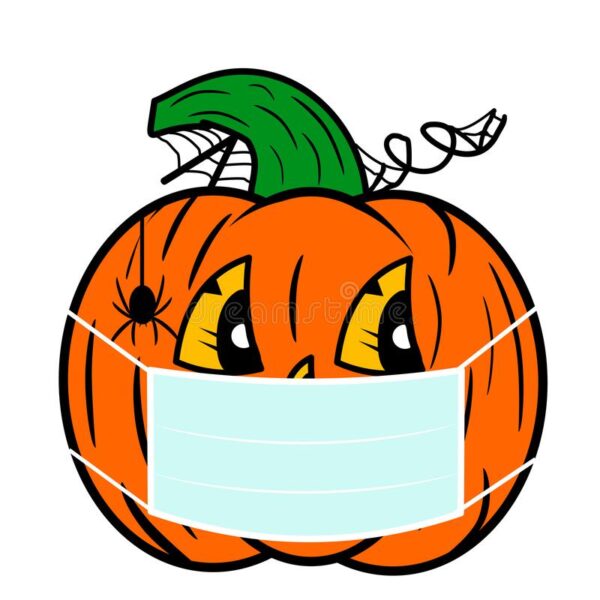
29 Oct Halloween: What a Scream!
Things that go bump on the mountain? Who in Telluride doesn’t like moguls? Things that go bump in the night? Also a familiar, though perhaps less welcomed occurrence in town, where ghosts are known to haunt some of our favorite haunts: the New Sheridan Hotel; the Telluride Historical Museum, in the 19th century, the local hospital; the Silver Belle Building; the cemetery (duh). At Halloween, in town and everywhere else “ghost” reclaims its original meaning.
For more on the holiday, read what Business Insider has to say.

Halloween is the spookiest night of the year.
It’s also a boon to the retail industry — even during a pandemic. According to the National Retail Federation, Halloween spending in the US is projected to reach $8 billion …with 58% of people planning on celebrating.
And, with more people indoors and looking for a little cheer during a tough year, pet costumes are “flying off the shelves.”
The Halloween fever isn’t contained to the US, either. In fact, people around the world celebrate the holiday in many different ways.
But where did all these strange practices come from? Turns out, a lot of these customs date back centuries. The holiday has changed over time, transforming from an ancient tradition to the flashy fright fest we know and love today.
Let’s take a look at the origins of some of our favorite Halloween traditions.
The word ‘Halloween’ was first popularized in a poem.
Scottish poet Robert Burns helped to popularize the word “Halloween” with his 1785 poem of the same name.
So where does the name itself come from? According to the Online Etymology Dictionary, it’s actually two words smushed together. “Hallow” — or holy person — refers to the saints celebrated on All Saints’ Day, which is November 1. The “een” part of the word is a contraction of “eve” — or evening before.
So basically, Halloween is just an old-fashioned way of saying “the night before All Saints’ Day” — also called Hallowmas or All Hallows’ Day.
This comes from the fact November 1 is All Saints’ Day, a Christian feast dedicated to celebrating the faithful departed, including all the saints. In Christian tradition, people start celebrating major feasts the night before they take place — take Christmas Eve, for instance…


Sorry, the comment form is closed at this time.